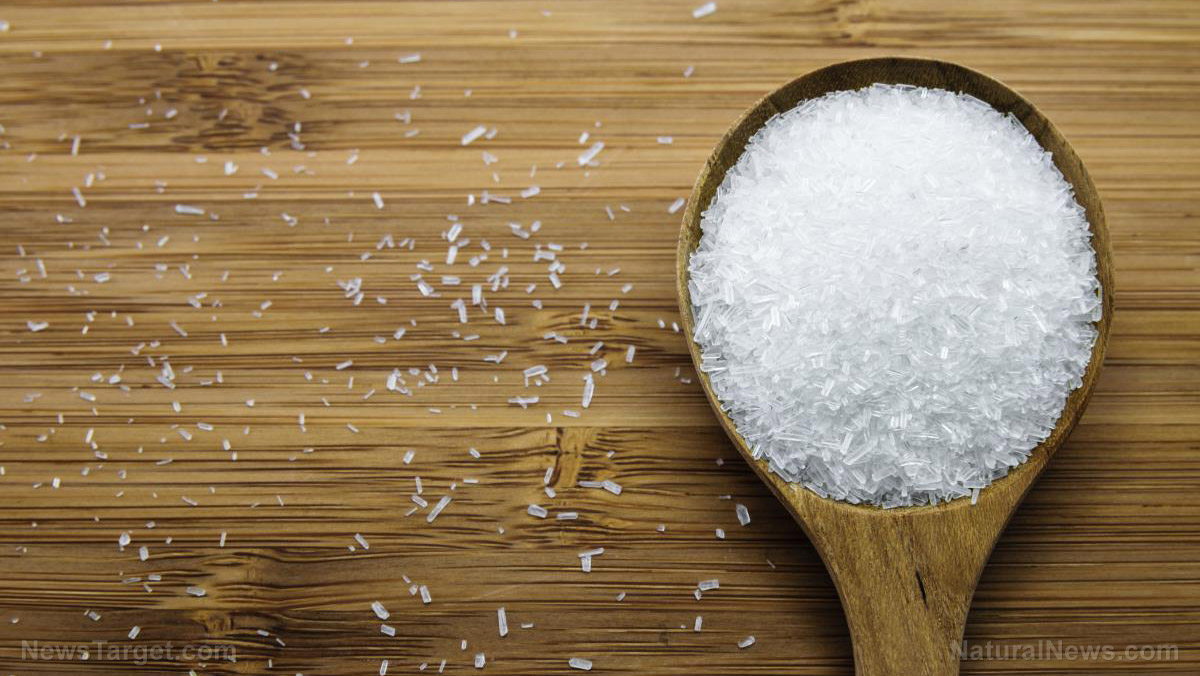
Advertisement
Maintaining a well-balanced diet requires eating clean, healthy and nourishing foods. But just how sure are you that the foods you eat are absolutely free of toxins, chemicals and other unsavory compounds? Do you know what to look for when checking ingredient lists, food sources and nutrition labels? Keep your body safe and healthy by avoiding the following toxins:
Monosodium glutamate (MSG)
MSG is a food additive used to enhance the savory, meaty flavor of soups, stews and other dishes. MSG is derived from glutamic acid, which is one of the most abundant amino acids in meat, poultry, fish and eggs. As a matter of fact, even your body can produce glutamic acid. Studies also show that the glutamic in MSG and the glutamic acid in organic foods bear no significant difference in chemical composition and nutritional value. So why does MSG have such a bad reputation?
Experts suggest that large doses of MSG can potentially overstimulate the brain. For this reason, MSG has been labeled as an excitotoxin. This class of amino acids are so named because they overstimulate the brain’s neuron receptors, thereby disrupting brain cell activity. If this continues, exhausted, overstimulated neurons can die, which can lead to swelling in the brain.
Additionally, MSG can also overstimulate your taste buds. This is why excessive consumption of MSG makes you vulnerable to overeating, which can lead to obesity.
Trans fat
Trans fats are possibly the unhealthiest fats you can ever eat. Unsurprisingly, regularly consuming foods high in trans fat can significantly increase your risk of serious conditions.
HDL (high-density lipoprotein) or “good” cholesterol plays an important role in keeping the bloodstream free of LDL (low-density lipoprotein) or “bad” cholesterol. HDL also helps maintain the inner walls of arteries and blood vessels to avoid LDL buildup. Consuming foods with trans fat overloads the bloodstream with large amounts of LDL that the HDL cannot keep up with. Eventually, LDL molecules can accumulate along the inner walls of your arteries and cause a narrowing or blockage. When this happens, you become at risk of stroke, heart attack, chronic inflammation, cardiovascular disease and Type 2 diabetes.
High-fructose corn syrup (HFCS)
Sugar isn’t inherently bad. Many fruits, grains and veggies contain natural sugars that the body converts to energy. However, excess sugar intake often leads to high blood sugar levels, which increases your risk of Type 2 diabetes. This is why you ought to stay away from sugary foods and beverages, like sodas, energy drinks, protein bars, refined breakfast cereals and ready-made soups. In particular, many foods high in sugar content are loaded with high-fructose corn syrup (HFCS), a liquid sugar made from corn. Many nutritionists and dietitians refer to HFCS as “empty calories” due to its lack of nutritional value and energy content. HFCS intake can also affect blood sugar levels and insulin production, which heightens the risk of metabolic syndrome, Type 2 diabetes, obesity and fatty liver disease.
Vitamin C
It is important to consume essential vitamins in the right amounts, especially those that the body cannot naturally produce. When taken in adequate amounts, vitamin C can help fortify your immune system and regulate blood pressure levels.
Excess intake of vitamin C has been shown to cause digestive distress, like nausea, diarrhea and acid reflux. Additionally, too much vitamin C may cause iron overload, which can cause serious damage to your heart, liver and pancreas.
You help keep your body free from disease-causing toxins when you know exactly what is in your food. Always check the label and exercise caution when inspecting containers and other packages used to hold foods.
Sources:
Advertisements







